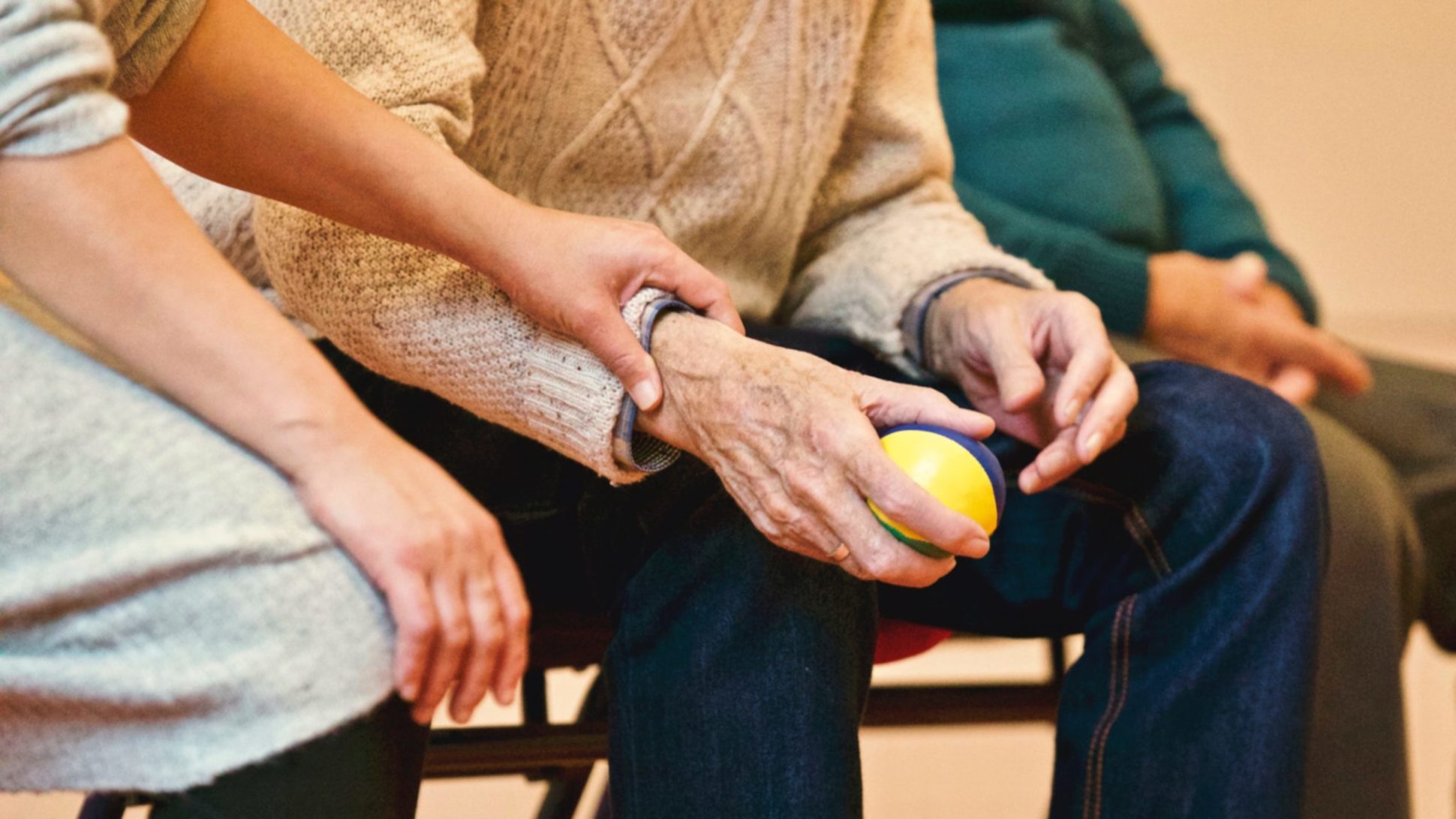How a Foundation Gift Enabled Groundbreaking Research into Early Alzheimer’s Detection

Ranked the #1 eye hospital in the country, The University of Miami’s Bascom Palmer Eye Institute has been advancing the frontiers of ophthalmology since 1962. One recent area of research out of the Institute is Dr. Delia Cabrera DeBuc’s groundbreaking clinical trial using the Ceeable Visual Field Analyzer (CVFA) digital health technology to pinpoint retinal features that can help detect Alzheimer’s and dementia early. Dr. Debuc’s clinical research study has been funded by the Finker-Frenkel Family Foundation since 2017.
According to the 2018 World Alzheimer’s Report, a new case of dementia is diagnosed every three seconds. With 50 million people currently living with the disease, the total worldwide healthcare costs associated with dementia were a whopping $1 trillion in 2018. And as anyone who has watched a loved one suffer with dementia understands; the emotional costs of the disease are often just as high.
Bascom Palmer Eye Institute research associate professor of Ophthalmology Dr. Delia Cabrera DeBuc knows this all too well: Her grandmothers on both sides suffered from Alzheimer’s, a devastating form of dementia. First as a young child, and then again in her 30s, Dr. DeBuc was forced to bear witness to the heart wrenching symptoms of this disease. Watching her grandmothers’ decline made a big impact on her life, one which has helped to guide her career in medical research.
After graduating with a Ph.D. in applied physics from the University of Michigan, Dr. DeBuc came to work at the University of Miami’s Bascom Palmer Eye Institute. Over the years, the primary focus of her research has been to develop methods and algorithms to detect various conditions by simply scanning a patient’s eyes. Using portable, accessible technologies, Dr. DeBuc’s research is designed to democratize access to diagnoses and life-saving medical treatments that may have otherwise been out of reach to certain populations.
“For example, MRIs are very costly and invasive, but eyes are a transferable medium,” explained Dr. DeBuc. “The retina can be examined much more easily than the brain itself, so the eye can be an accessible interface for diagnosing and treating a number of different conditions, including the early diagnosis of Alzheimer’s disease.”
As there is still no known cure for the disease, the early detection of Alzheimer’s may not seem like a very pressing matter. But according to Dr. DeBuc, finding Alzheimer’s early can actually make all the difference: both for the patient’s quality of life as their disease progresses, and for their family’s peace of mind. By catching the disease in its early stages, doctors and researchers can look for ways to slow its development.
“There are pathways to explore that can potentially change life expectancy,” said Dr. DeBuc. “Training the brain more, getting more physical exercise and completing daily computer game activities – all of these things may improve the patient’s capabilities and delay the progression of the disease, and that’s why early detection is important.”
Additionally, early detection can help loved ones to identify symptoms and create a care plan going forward.
“Family planning is extremely important, because Alzheimer’s can be a real burden for caregivers,” she said. “Because it is genetic, often the care-giving family members are also at risk of developing Alzheimer’s. I have seen caregivers get the disease and then progress faster than the original patient.”
Funded by a grant from the Finker-Frenkel Family Foundation, Dr. DeBuc’s latest research explores the association between eye pathology and Alzheimer’s. Often, people with the disease experience vision issues, and Dr. DeBuc said markers of these symptoms can appear in the retina before the disease is even detectable in the brain. Through the Foundation’s initial funding, Dr. DeBuc and her team were able to use their preliminary data to make a case for additional funding through the Alzheimer’s Foundation.
Eventually, Dr. DeBuc hopes her research will lead to an increase in affordable, eye-scanning technology that can quickly diagnose and recommend treatment plans for a variety of different conditions.
“Not everyone can afford to come to an eye hospital,” she said. “So the main target is to move forward with the screening in the community – I would like to someday put this type of device in every primary care clinic and adult care center.”
Click here to learn more about Dr. DeBuc’s research.


